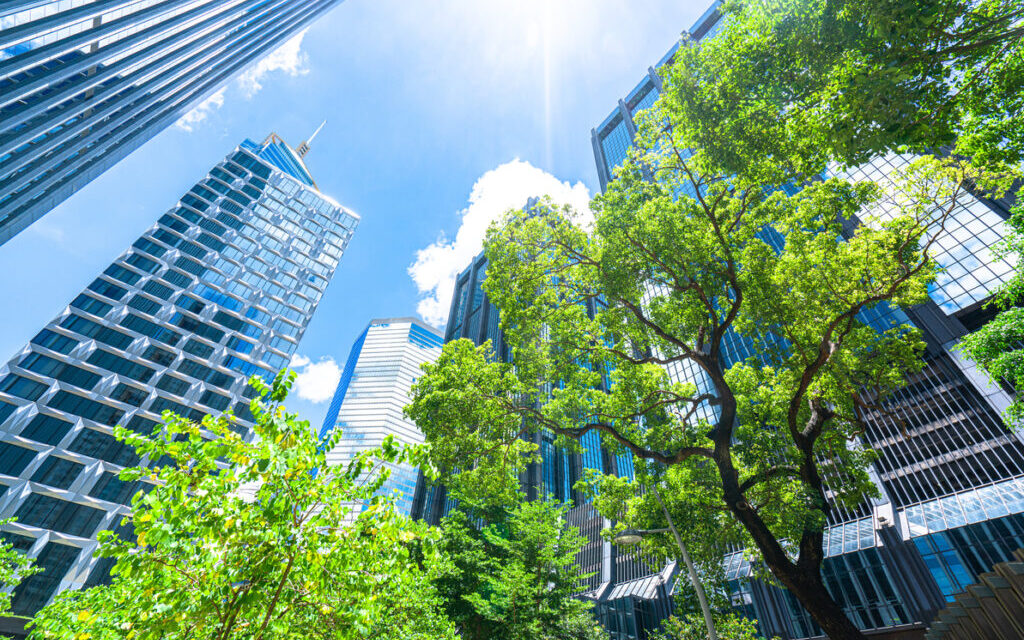In recent years, the real estate industry has witnessed a significant shift towards sustainability. With climate change concerns on the rise and a growing awareness of environmental issues, homebuyers and investors alike are placing a premium on eco-friendly and energy-efficient properties. In this blog, we’ll delve into the trends and benefits associated with sustainable real estate.
1. Green Building Certification: A Mark of Excellence
One prominent trend in the real estate market is the increasing demand for green building certifications. Certifications such as LEED (Leadership in Energy and Environmental Design) and BREEAM (Building Research Establishment Environmental Assessment Method) have become benchmarks for environmentally conscious construction. Homebuyers are increasingly seeking properties with these certifications, as they guarantee energy efficiency, water conservation, and reduced environmental impact.
2. Energy-Efficient Homes: Beyond Solar Panels
The concept of energy-efficient homes has evolved beyond the installation of solar panels. Modern sustainable homes incorporate advanced technologies such as smart thermostats, energy-efficient appliances, and innovative insulation materials. These features not only reduce utility bills but also contribute to a smaller carbon footprint, making these properties attractive to environmentally conscious buyers.
3. The Impact of ESG Investing on Real Estate
Environmental, Social, and Governance (ESG) criteria are gaining prominence in the investment world, influencing decisions in real estate. Investors are increasingly prioritizing assets that align with sustainable practices. This shift is driving real estate developers to adopt eco-friendly construction methods and design, as properties adhering to ESG principles are deemed more valuable and resilient in the long run.
4. The Role of Technology in Sustainable Real Estate
Technological advancements are playing a crucial role in making real estate more sustainable. From AI-powered energy management systems to the integration of IoT devices for better resource utilization, technology is transforming traditional homes into smart, energy-efficient spaces. As these innovations become more accessible, the real estate industry is poised for a green revolution driven by technological solutions.
5. Government Incentives for Sustainable Development
Governments around the world are recognizing the importance of sustainable development and are offering various incentives to promote eco-friendly real estate projects. These incentives range from tax credits for energy-efficient upgrades to subsidies for green building certifications. Homebuyers and developers alike are taking advantage of these initiatives, contributing to the growth of sustainable real estate.
Conclusion:
The rise of sustainable real estate reflects a growing awareness of environmental issues and a shift towards more responsible and conscious living. As the demand for eco-friendly properties continues to rise, the real estate industry is adapting by embracing green building practices, energy-efficient technologies, and innovative design solutions.
Author Introduction:
Pritish Kumar Halder is a seasoned real estate analyst with a keen interest in market trends and economic dynamics. With a wealth of experience in analyzing property markets, Pritish provides valuable insights into the factors influencing real estate landscapes.











